Providing knowledge to farmers for sustainable coffee production
On the afternoon of April 11, in Da Lat City (Lam Dong), the National Agricultural Extension Center held a workshop to review the project on building policy dialogue, raising awareness about the responsible use of agricultural materials, and collecting and treating waste in coffee production in Vietnam. The project will be implemented in 2024 - 2025 with the main goal of promoting sustainable coffee production in Vietnam.
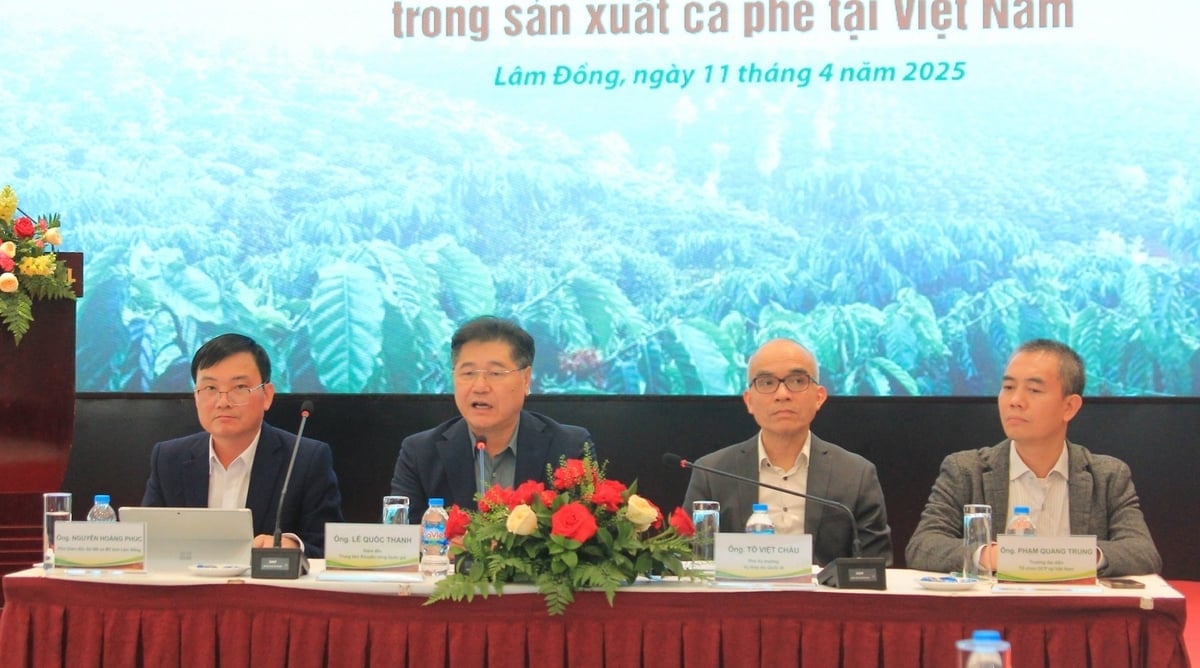
Leaders of the units chaired the discussion at the workshop. Photo: PC.
According to the National Agricultural Extension Center, despite its great potential, the Vietnamese coffee industry is facing many challenges in its sustainable development, especially in waste management and responsible use of agricultural materials.
Currently, waste management in the coffee industry in Vietnam is still limited due to people's awareness, unsynchronized treatment technology and lack of supporting policies. Waste from coffee production (fruit peels, coffee grounds, processing wastewater, fertilizer packaging, pesticides...) has not been collected and treated properly, causing negative impacts on the environment and soil degradation due to the unreasonable use of chemical fertilizers and pesticides, causing imbalance in the microorganism system and greenhouse gas emissions from processing and transportation.
Therefore, ensuring responsible use of agricultural inputs and proper collection and disposal of waste is a long-term process, requiring synchronous changes from policy to producer behavior.
To implement the project objectives, the National Agricultural Extension Center organized 12 training courses for 360 trainees on the most advanced weed management practices and good coffee farming practices, occupational health and safety as well as skills training for members of the community extension network of 4 Central Highlands provinces; 2 consultation workshops with stakeholders to find solutions and share responsibilities for waste collection and management in coffee production; 2 communication seminars with the participation of 240 delegates to disseminate the results and impacts of the project.
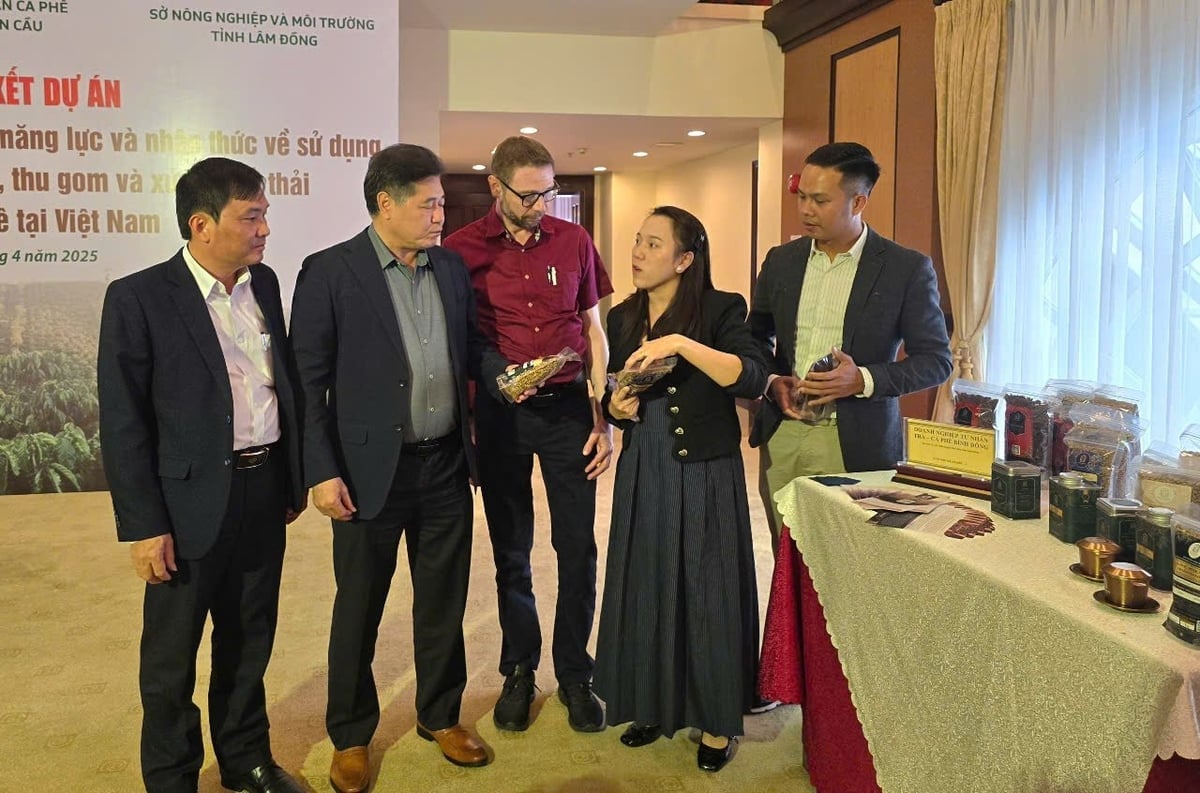
Mr. Le Quoc Thanh (2nd left), Director of the National Agricultural Extension Center, visited the coffee display booth of Binh Dong Farm. Photo: PC.
Thereby, the project has achieved remarkable results in raising awareness of agricultural extension officers, members of community agricultural extension groups and coffee producers about the need for proper waste collection and treatment measures, minimizing negative impacts on the environment. Grasping the strict requirements of the market on food hygiene and safety and sustainable development of the market for coffee products.
Along with that, it has equipped students with essential knowledge and skills to apply sustainable farming processes, effectively manage agricultural materials and carry out initial waste collection and treatment at farm households. The community agricultural extension force has been strengthened and the operational capacity of members of the community agricultural extension team has been enhanced.
Consultation workshops and discussions provided important information and recommendations for regulatory agencies, extension officers, community extension workers and stakeholders in reviewing and adjusting policies related to waste management and sustainable use of agricultural inputs in coffee production.
Environmentally friendly production
With an area of about 176 thousand hectares, an output of nearly 600 thousand tons/year, in recent years, to increase the value of the coffee industry, Lam Dong has focused on developing sustainable coffee production according to certification standards reaching over 86 thousand hectares such as: Organic certification, VietGAP, 4C...
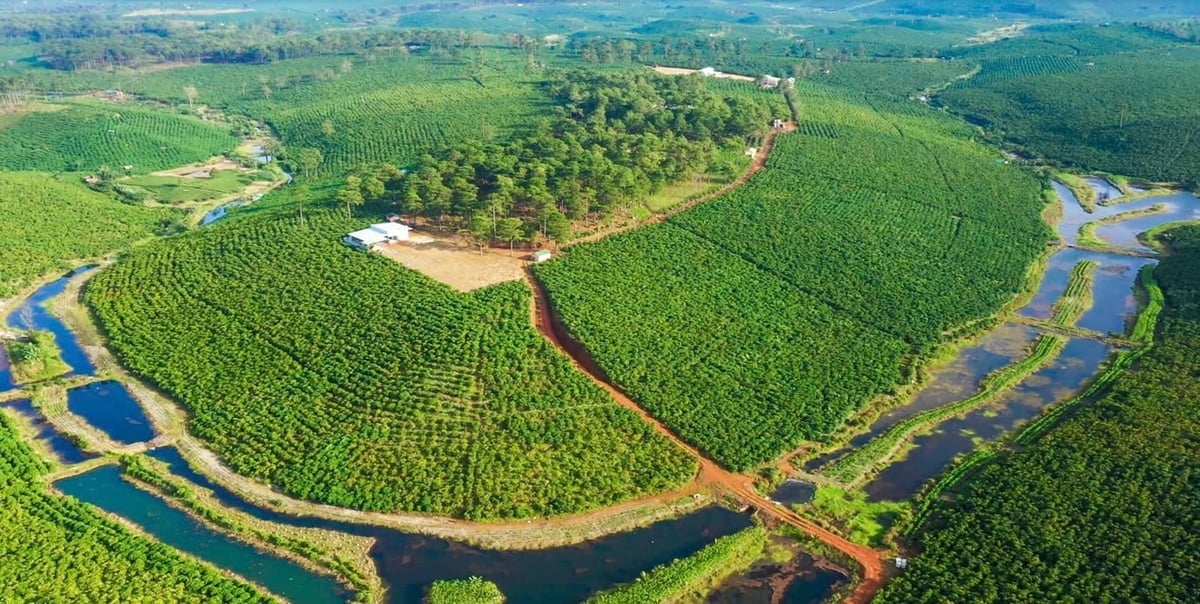
Lam Dong has focused on developing sustainable coffee production according to certification standards on over 86 thousand hectares such as: Organic certification, VietGAP, 4C... Photo: PC.
Mr. Nguyen Hoang Phuc, Deputy Director of Lam Dong Department of Agriculture and Environment, said that every year, coffee farmers in the province use over 350 thousand tons of fertilizer, of which about 140 thousand tons of organic fertilizer and over 200 thousand tons of inorganic fertilizer. In addition to the use of fertilizer, the widespread use of chemical pesticides, if not collected and treated properly, will greatly affect the ecological environment.
“Therefore, in recent years, Lam Dong provincial leaders have always paid attention to directing safe and sustainable agricultural production. Special attention has been paid to environmental protection through resolutions, programs and plans of the Provincial Party Committee and Provincial People's Committee. Thereby, agricultural products in general and coffee in particular have always ensured quality and met export requirements,” said Mr. Nguyen Hoang Phuc.
The clearest evidence is at Binh Dong Farm with a 111-hectare coffee cultivation and production area in Loc Ngai commune, Bao Lam district (Lam Dong). Of which, 90 hectares are specialized in coffee cultivation, more than 5 hectares of ponds, 2.5 hectares of factory area...
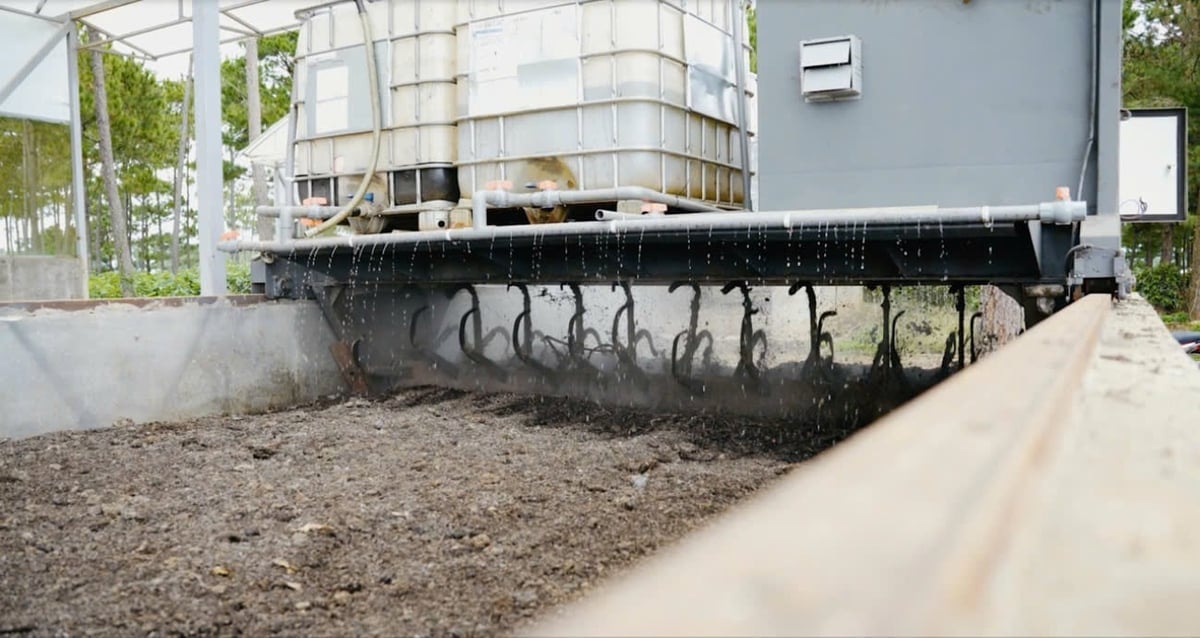
Binh Dong Farm's coffee husk processing area for composting. Photo: PC.
To increase the value of coffee, turning regular coffee into a product with higher value on the market, Binh Dong Farm decided to switch from traditional production to high-quality coffee. This process is carried out in the form of organic production, environmentally friendly, without using herbicides, providing balanced nutrition between organic and inorganic.
Mr. Nguyen Thanh Loc, CEO of Binh Dong Farm, said that not only the quality of raw coffee has been improved, the coffee processing process has also been improved. Binh Dong Farm takes advantage of the principle of water flow to wash and remove impurities and poor quality coffee, prioritizing the selection of hulling machines for production without using water (or using only at a minimum level). After preliminary processing, the coffee hulls will be combined with biological preparations for composting, after being mixed evenly and composted for 3-5 months, they will be used to fertilize the plants.
The washing water from the preliminary processing will flow into 3 settling ponds and the Farm uses additional strains of microorganisms to help quickly process organic substances in the waste and increase the efficiency of wastewater treatment. After being treated through 3 settling ponds, the wastewater will be led to the external water system and used to irrigate coffee plants.

Mr. Nguyen Thanh Loc, CEO of Binh Dong Fam, presented the results of wastewater treatment in sustainable coffee production of the Farm at the workshop. Photo: PC.
“Through sustainable coffee cultivation and production, coffee yield has increased from 3-4 tons/ha to 5-6 tons/ha, quality has improved significantly, and the amount of sugar in the fruit has increased. In addition, the number of international customers is increasing, and Binh Dong Farm's coffee is now exported to countries such as Türkiye, Belgium, New Zealand, and South Korea…”, said Mr. Nguyen Thanh Loc.
According to Mr. Le Quoc Thanh, Director of the National Agricultural Extension Center, in recent years, the Ministry of Agriculture and Environment has directed localities to build raw material areas, focusing on solutions to support farmers and cooperatives to connect businesses, focusing on safe and sustainable solutions, especially for commodity chains with export value.
“Last year, our country exported over 5 billion USD worth of coffee. Although the output decreased, the value of the coffee industry is increasing. This is proof that we have approached production chains that increase the value of products through approaching sustainable, high-quality and green growth production,” Mr. Le Quoc Thanh emphasized.
In 2024, Vietnam's coffee exports are estimated to reach 1.32 million tons, with a turnover of 5.48 billion USD, down 18.8% in volume but up 29.11% in value over the same period in 2023. The average export price of coffee in 2024 is estimated at 4,151 USD/ton, up 56.9% over the same period in 2023.
Source: https://nongnghiep.vn/san-xuat-ca-phe-sach-ben-vung-d747772.html





![[Photo] Overcoming all difficulties, speeding up construction progress of Hoa Binh Hydropower Plant Expansion Project](https://vstatic.vietnam.vn/vietnam/resource/IMAGE/2025/4/12/bff04b551e98484c84d74c8faa3526e0)
![[Photo] Closing of the 11th Conference of the 13th Central Committee of the Communist Party of Vietnam](https://vstatic.vietnam.vn/vietnam/resource/IMAGE/2025/4/12/114b57fe6e9b4814a5ddfacf6dfe5b7f)


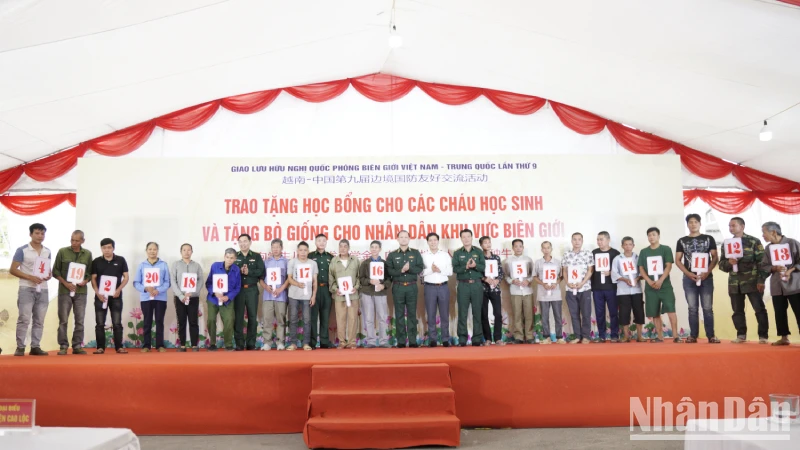
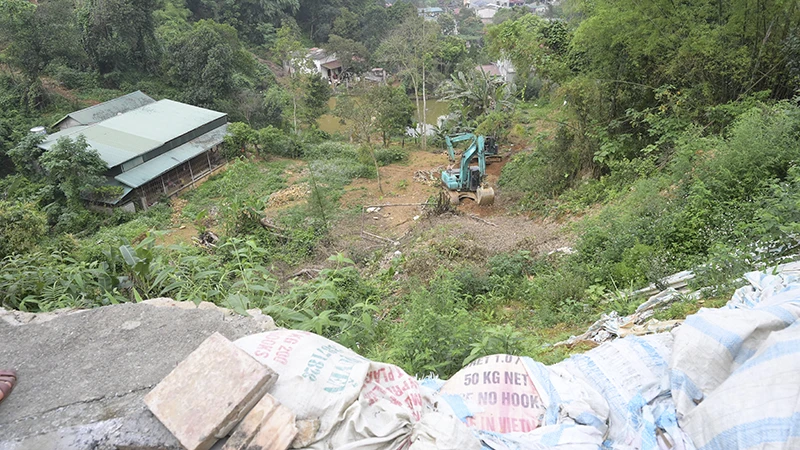
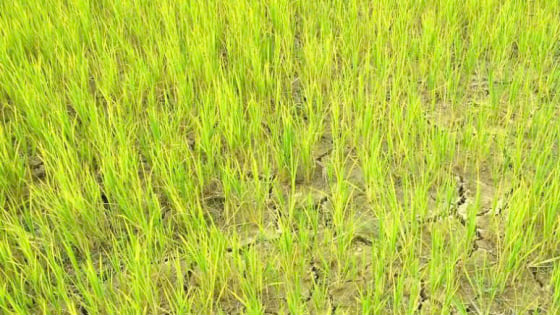
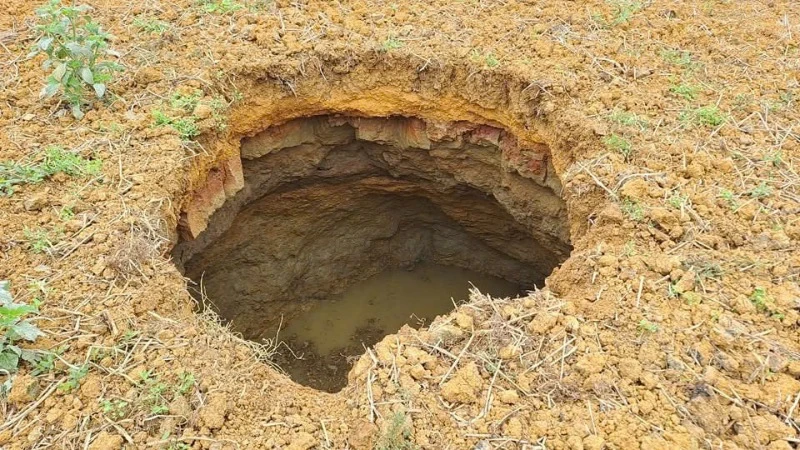
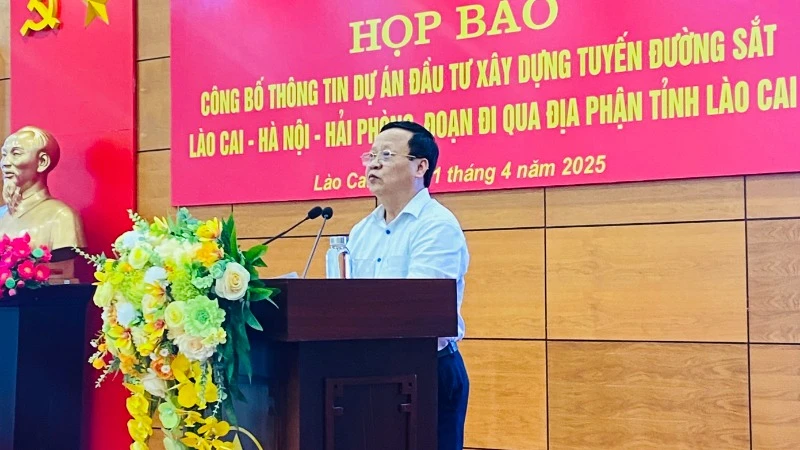



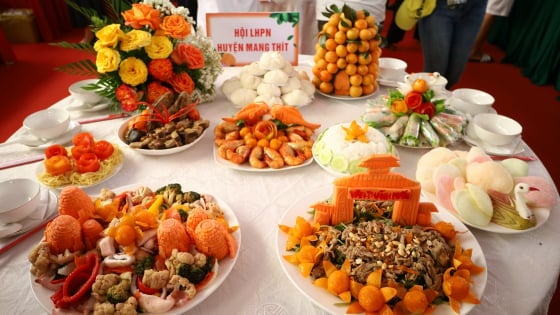
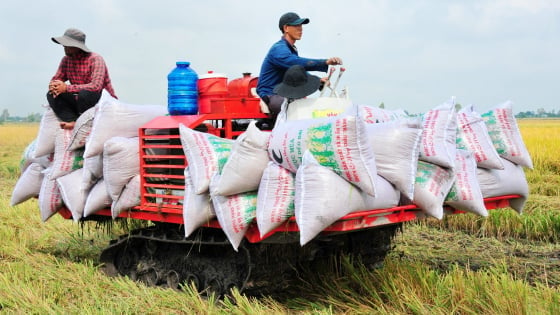
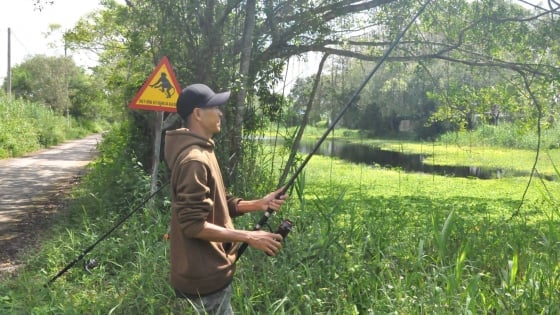

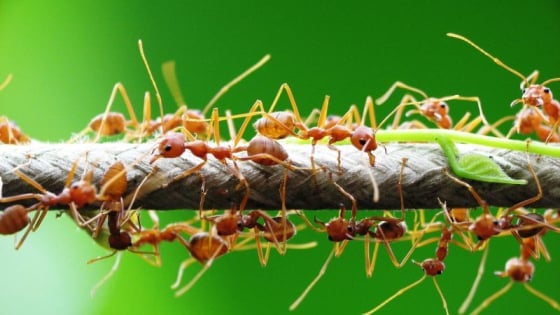
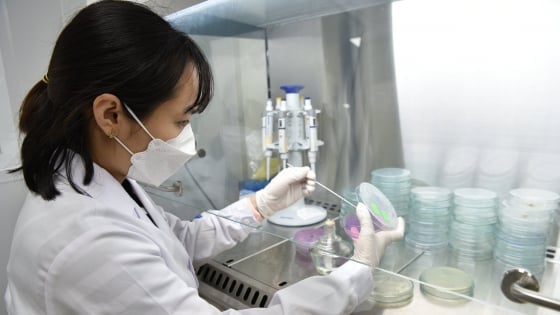














































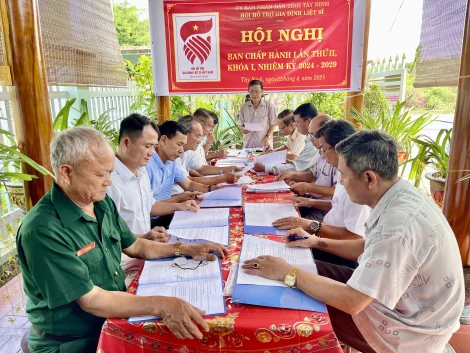



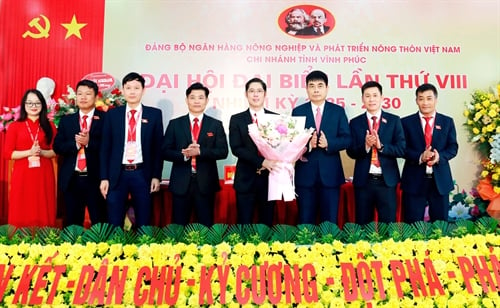














Comment (0)